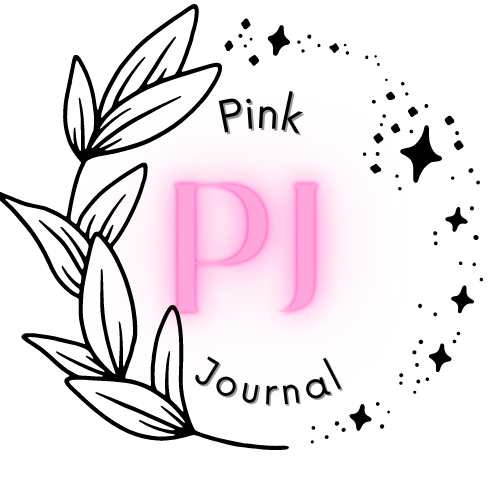How to get over a toxic friendship: 8 powerful tips
Friendships are meant to be a source of joy, support, and positivity in our lives. However, there are times when a friendship can turn toxic, causing emotional distress and taking a toll on our overall well-being. Letting go of a toxic friendship can be challenging, but it is crucial for our personal growth and happiness. In this blog post, we will explore effective strategies and practical steps to help you navigate the process of getting over a toxic friendship and moving forward towards a healthier and happier life.

Table of Contents
1. Recognize the Signs of a Toxic Friendship:
The first step in getting over a toxic friendship is acknowledging that the relationship has become unhealthy. Look out for signs such as constant criticism, manipulation, disrespect, lack of trust, or a one-sided dynamic where your needs are consistently neglected. Understanding that the friendship is detrimental to your well-being is essential for your healing journey. 10 Signs of a toxic friendship
2. Reflect on Your Feelings:
Take time to reflect on your emotions and the impact the toxic friendship has had on you. Understand that it is normal to experience a range of emotions, including sadness, anger, betrayal, or even guilt. Allow yourself to process these emotions and give yourself permission to grieve the loss of the friendship.
3. Set Boundaries:
Establishing boundaries is crucial when dealing with a toxic friendship. Communicate your needs clearly and assertively, and be prepared to enforce these boundaries if they are repeatedly violated. Setting healthy limits will protect your emotional well-being and help you regain control over your life.
4. Seek Support:

Share your experience with trusted friends, family members, or a therapist who can provide valuable insights and support during this challenging time. Surrounding yourself with a supportive network will help validate your feelings and provide a safe space for you to express yourself without judgment.
5. Letting Go:
Letting go of a toxic friendship can be akin to mourning a loss. Understand that you deserve better and that releasing toxic relationships is an act of self-love. Allow yourself to grieve the loss of the friendship, but also focus on the opportunities for personal growth and new positive connections that lie ahead.
6. Focus on Self-Care:
Invest time and energy in self-care activities that nourish your mind, body, and soul. Engage in activities you enjoy, practice self-compassion, and prioritize your physical and emotional well-being. Cultivating self-care habits will aid in your healing process and build resilience for the future.
7. Learn from the Experience:

Take time to reflect on the toxic friendship and identify any patterns or red flags you may have overlooked. Use this experience as an opportunity for personal growth and to gain insights into what you want and need in your future friendships. Learning from the past will empower you to make better choices and build healthier relationships moving forward.
8. Embrace New Connections:
After healing from a toxic friendship, you may be hesitant to open yourself up to new relationships. However, it’s essential to remember that not all friendships are toxic. Allow yourself to be open to new connections and surround yourself with people who uplift and support you. Nurture healthy friendships that align with your values and contribute positively to your life.
Conclusion
Getting over a toxic friendship is a courageous and empowering step towards prioritizing your well-being. It may take time and effort, but with self-reflection, support, and self-care, you can heal and move forward. Remember, you deserve healthy, nurturing relationships that bring out the best in you. Embrace the journey of personal growth and create a brighter future filled with positive connections and authentic friendships.








No Comment! Be the first one.